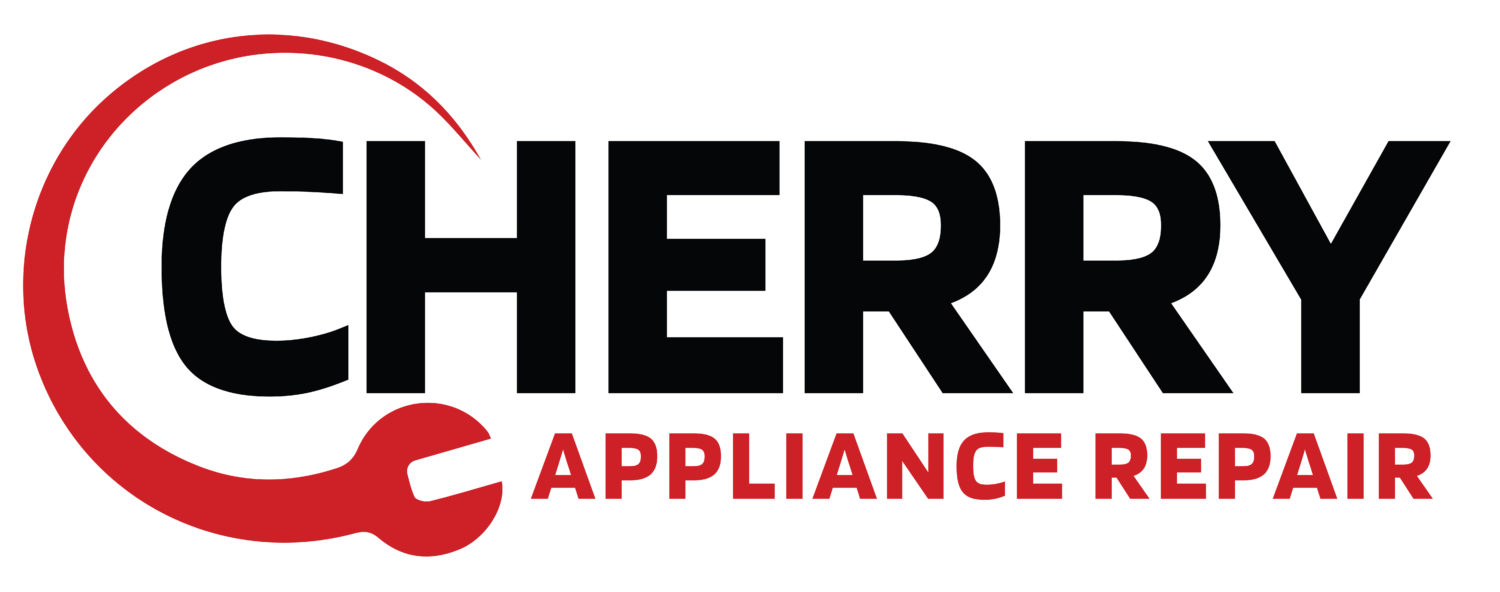Appliance Safety Tips
The appliances inside your house often make your life much less stressful, but if you use household appliances incorrectly, they might pose noticeable health risks. It is best to protect appliances and be sure they will not turn into dangers by adhering to these home appliance safety suggestions from Cherry Appliance Repair.
The professional tips in this post help prevent fires and injuries from household appliances. However, hazards might still happen. If a home appliance has issues or starts to malfunction and becomes dangerous, hire a professional appliance repair CITY.
Install GFCI Outlets in Damp Locations in Your Home
Laundry rooms, kitchens, entry ways, basements, bathrooms, outdoor areas and garages can be susceptible to wetness or dripping water. As you are well aware, electricity and moisture don’t go together, that means power cords and wires should always be plugged into GFCI outlets.
This special type of electrical outlet prevents electrocution by tripping the circuit if any interruptions in electricity are detected.
If you do not currently have GFCI outlets in damp areas around your house, it is time to install them or call an electrician in CITY. Then, for additional safety, be sure to heed the warnings of certain appliance manuals that indicate they are not designed for outdoor areas.
Electrical Cords, Electronics & Outlets Far Away From Water
Some appliances are built for outdoor areas, like charcoal and gas grills. If you have electrical appliances outside – including refrigerators, dishwashers, freezers and ice makers, electric tools and more – be sure that all outlets and cords are not wet. Using weatherproof electronics help, along with GFCI outlets with gaskets that are water-tight.
Extension Cords are a Temporary Solution
Extension cords can pose many risks, including:
The chance for loose connections that sometimes can create sparks and start a fire.
The chance of power fluctuations that could ruin the appliance.
Greater susceptibility to water penetration that could cause electrocution.
The potential for cords overheating and becoming a fire hazard when an insufficient extension cord is used for a high-power appliance.
When deciding on an extension cord for limited-time use, make sure that it’s the correct gauge for the electrical appliance in question. The smaller the gauge, the larger the size for the cord. For instance, a basic extension cord for a lamp could have a 16-gauge wire while a big cord for a AC unit needs a 12-gauge wire.
Length is also crucial. The longer the extension cord, the more power is lost on the way, this is known as voltage drop. Short cords are recommended for electric tools and outdoor equipment.
Read the Operating Manual for Any Appliance You Purchase
It is simple to assume that you know how to use your brand new washing machine or dishwasher without consulting the operating manual, but consulting the manufacturer instructions is necessary for many reasons:
You will find out whether your home’s electrical wiring is sufficient to support the appliance. You might need to install a circuit to stop overloading any existing ones.
You learn more about complicated features you wouldn’t have otherwise known about.
You understand whether the new appliance is safe for outdoor use or not.
You avoid the extreme stress that can sometimes come from trying to start a home appliance without instructions!
Unplug Small Appliances if You Aren’t Using Them
You are able to limit unnecessary energy usage by unplugging appliances when not in use. The reason is small appliances often include LED signals, clocks and other energy-draining features standby mode.
Unplug monitors, TVs, modems, printers, routers, video game systems, smart phone chargers and more to cut back on wasteful energy consumption. Just remember, it is OK to keep DVRs and similar electronics plugged in to not miss their background functions.
For more tips on using appliances safely, or to schedule a professional appliance repair service, please contact Cherry Appliance Repair. We can repair all popular home appliances!
OTHER RESOURCES:
Appliance Repair Cost
DIY Appliance Repair Tips
Repair or Replace Appliances
Refrigerator Parts
Home Services Campaign Disclaimer: This site is a free service to assist homeowners in connecting with local service providers. All contractors/providers are independent and this site does not warrant or guarantee any work performed. It is the responsibility of the homeowner to verify that the hired contractor furnishes the necessary license and insurance required for the work being performed. All persons depicted in a photo or video are actors or models and not contractors listed on this site.
Copyright ©2026 Cherry Appliance Repair
